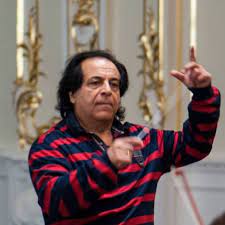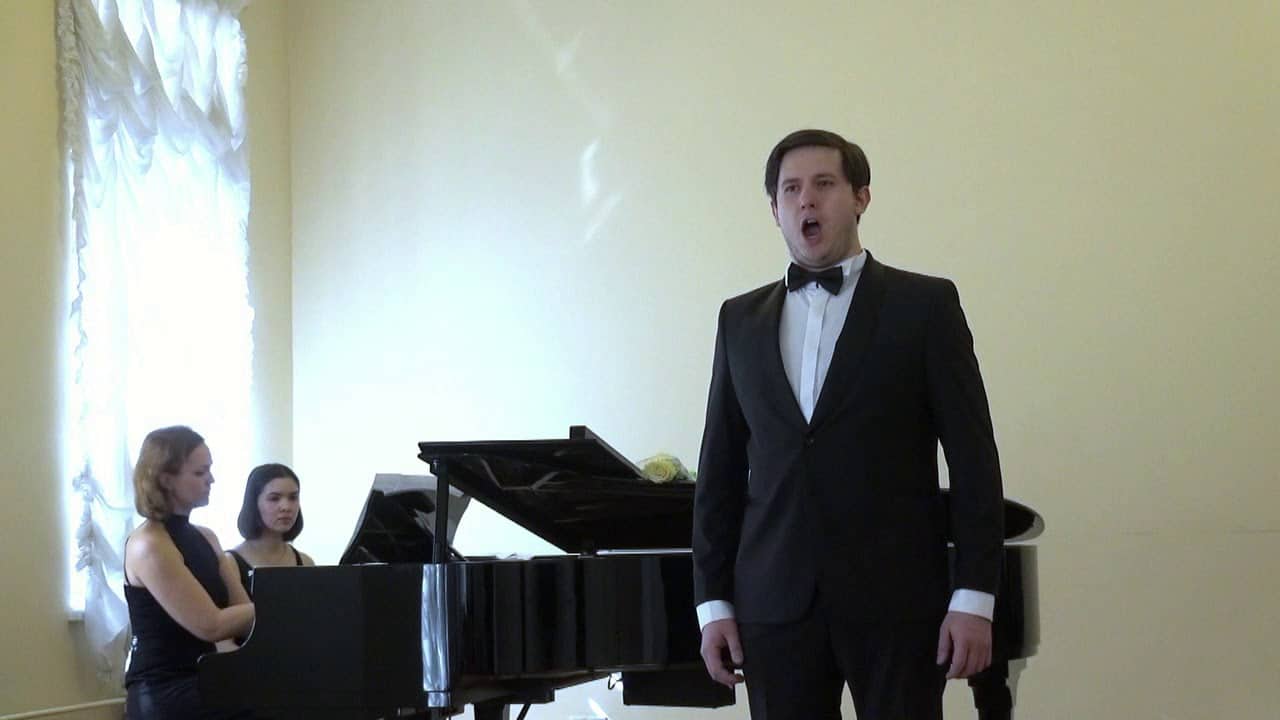A new Zarathustra?
NewsOn Friday night in Zagreb, Alexander Ali Rahbari premiered with the Zagreb Philharmonic, Ivan Filipovic chorus and Iranian tenor Reza Fekri his symphonic poem in six movements “Also sprach Zarathustra Spitama”.
Lasting 65 minutes, the premiere has twice been postponed by the pandemic.
Our correspondent says it was a great success, with audience demanding a repeat of the orchestral interlude. Unlike the Strauss symphonic poem which is based on Nietzche, Rahbari used Zarathustra’s texts from Avesta, the holy book of Zoroastrians.
It is sung in Persian, with one short a cappella movement in English. Our correspondent says it is very colourful, cheerful, rich in rhythm and instrumentation, with very noble messages from the Persian prophet of the first monotheistic religion in the history of mankind.






I don’t know this piece, but the ‘old’ Zarathustra by Strauss I do know, and it is a very odd piece. Obvioulsy Strauss did not understand the book, as so many people, and for good reason since it is a hotchpotch of visionary insights, grandiose ideas and absurd nonsense, attacking Western culture, organized religion, celebrating atheism and violence, and saturated with spite and a victorian, protestant hatred of the more carnal components of the human being. And above all: a deep contempt for people.
https://existentialcomics.com/comic/309
Strauss begins with a truly grandiose idea, beautifuly realised, after which the music immediately sinks to the level of bourgeois kitsch with only miniature good moments along the way. The concluding chord on two different keys is good again.
To take-on such grandiose themes in music is extremely tricky, because if the music is not of true genius, the result is more ridiculous than it would have been without the expectations raised by the subject matter. The only composers who had such daring and, most of the time, survived the challenge, were Beethoven, Wagner and Mahler.
Some see Strauss’ Zarathustra as a refutation of Nietszche, since the C-major of nature has the last word over the B-major of the Übermensch.
Thank you for your interesting observations on Strauss’ tone poem. Like you, I haven’t heard Rahbari’s composition, but perhaps in due course we will have that opportunity, and arrive at our own opinions.
As a conductor he is excellent. Perhaps he should stick to conducting.
Maestro Rahbari has a series of recordings featuring his own music and other Persian composers on the Naxos label – I await a recording of this latest work. He is never less than interesting and often inspired, so it should be worth hearing.
Here are some clips:
https://www.youtube.com/watch?v=YTBXAEeL1H0